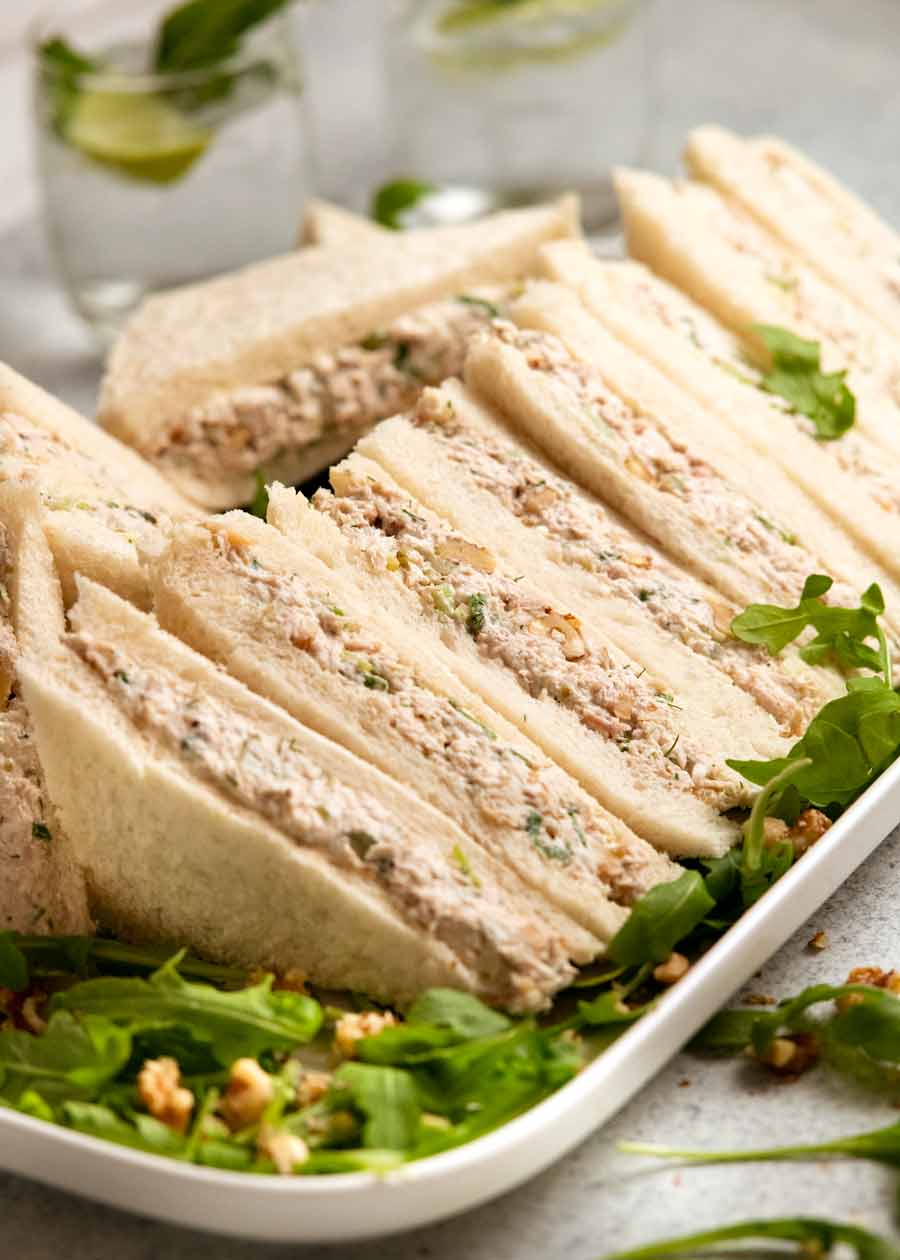National food security strategy a good step; now to the delivery
A farmer tends to his cattle. Agriculture Minister Pearnel Charles Jr announced on Tuesday that as of September 1, 2022 all cattle will need to be identified with ear tags and corresponding passports.
We are encouraged by Agriculture and Fisheries Minister Pearnel Charles Jr’s revelation that the Government has developed a national food security strategy to counter the effects of rising prices due to the novel coronavirus pandemic and Russia’s war in Ukraine.
According to Mr Charles, the strategy, called ‘Grow Smart, Eat Smart’, builds on his ministry’s existing policies and programmes with a major thrust to drive Jamaicans to eat more wholesome and nutritious foods and employ innovation, technology, and research to grow products.
The strategy, he told the House of Representatives in his Sectoral Debate presentation on Tuesday, includes a comprehensive plan outlining the areas of focus for the next year as well as priority initiatives to address vulnerabilities within Jamaica’s agri-food systems and production chains.
The overall aim must be to ensure a robust and resilient food security mechanism.
Mr Charles also told us that the Government is utilising its relationship with Morocco and Nigeria to address the challenge that farmers are having acquiring fertiliser.
The Moroccans, he noted, have already donated 24,000 bags of fertiliser to Jamaica and the agriculture ministry, working with the Ministry of Foreign Affairs and Foreign Trade, is talking with the Nigerian Government to explore options of sourcing more fertiliser, especially given the recent opening in that country of one of the largest fertiliser manufacturing plants in the world.
Additionally, he said, local producers of organic fertiliser have been engaged to enhance supplies of that product, especially for the growing of vegetables across the island.
Mr Charles also outlined other actions being taken by the Government to ensure food security and, for that, he and his team should be commended. For we have, over the past two years, addressed that very issue in this space as we urged the Government to plan our response to the next pandemic.
That plan, we had stated, should be so comprehensive that it will ensure we come out of any other pandemic in better shape.
The war in Ukraine has added to the need for urgency as we have seen significant leaps in food commodity prices since March. Indeed, the Food and Agriculture Organization (FAO) has reported that commodity prices climbed to their highest levels ever in March, as the war spread shocks through markets for staple grains and vegetable oils.
World wheat prices, the FAO said, soared by 19.7 per cent during March, mostly due to the fact that Russia and Ukraine account for approximately 50 per cent of global wheat and maize exports combined, plus there are concerns about crop conditions in the United States.
With a food import bill hovering at US$900 million annually, Jamaica cannot afford to leave itself exposed to the debilitating effects of increasing food commodity prices. Our best bet to avoid that maelstrom is to invest heavily in domestic agriculture.
We have repeatedly made this plea and a few weeks ago we had expressed the hope that the Administration was already well down the wicket with strategies to generate investment in domestic food production at every level.
Minister Charles promised a lot in his presentation on Tuesday. Let us see if he and his ministry can deliver.







